How Is Organic Produce Grown? The Positive Impacts of Organic Farming
Published Oct. 17 2022, 4:18 p.m. ET
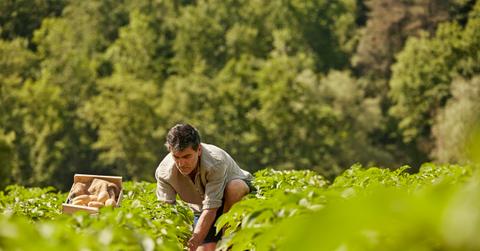
You’re in the produce aisle at the store. You see two signs right next to each other: one for organic bananas and the other for nonorganic, or conventional, bananas. This might’ve led you to wonder about how organic foods are grown and what makes them different.
Organic food is grown using a variety of strategies and techniques. Learning more about this process not only helps us out at the grocery store, but it can really open our minds up to new ideas about sustainable farming practices.
What does it mean for food to be grown organically?
When it comes to conventional farming, chemical fertilizers and pesticides are often used. Foods that are grown organically avoid these synthetic products, and are grown using natural substances and techniques.
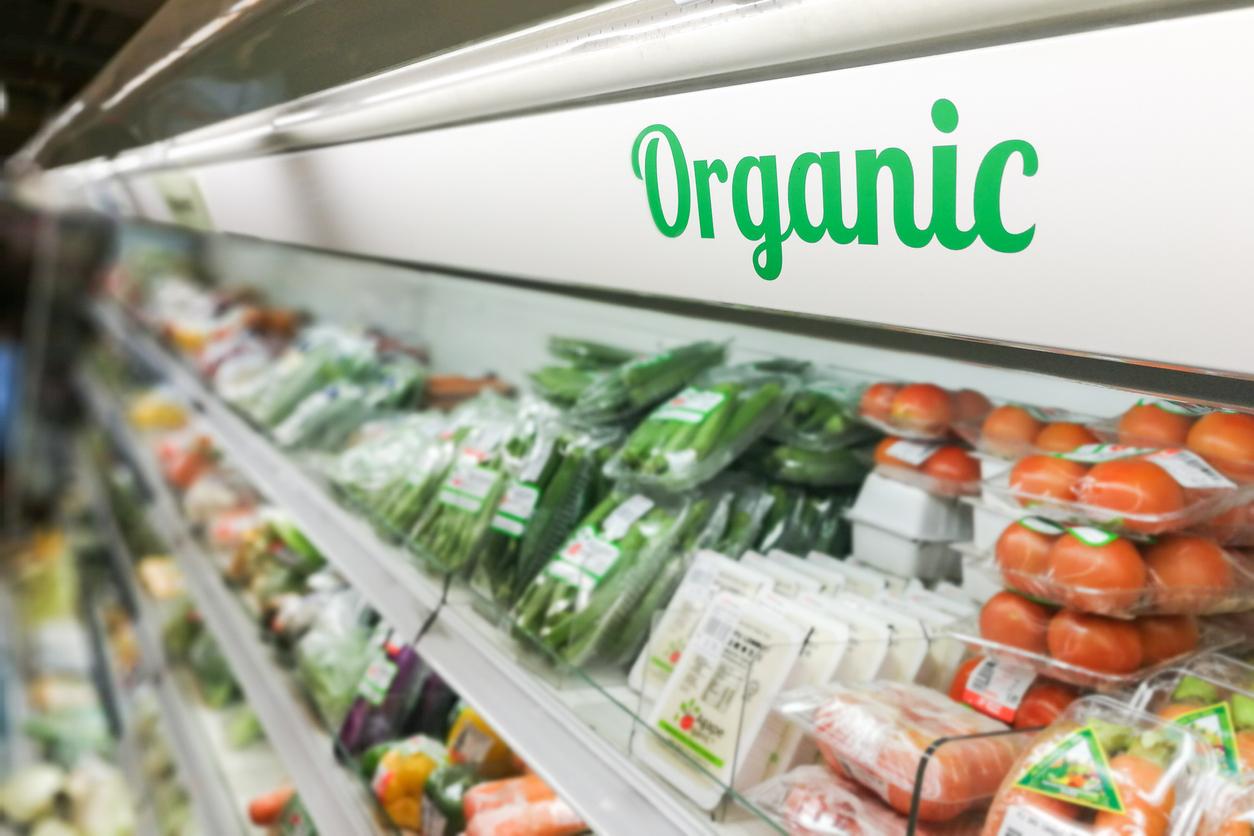
There are a lot of environmental benefits of organic farming. It increases soil health, uses less energy, reduces pollution, and conserves water, just to name a few.
Organic farming is often more sustainable than conventional farming since it is not putting potentially-toxic chemicals into the environment, and can therefore help reduce the impacts of the climate crisis. Also, when farmers use organic farming practices, they are helping to conserve biodiversity.
Techniques and strategies used for growing organic food:
Farmers implement a lot of different methods when growing organic food. Crop rotation, compost, cover crops, and the PAMS strategy for pest management are all techniques utilized by organic farmers.
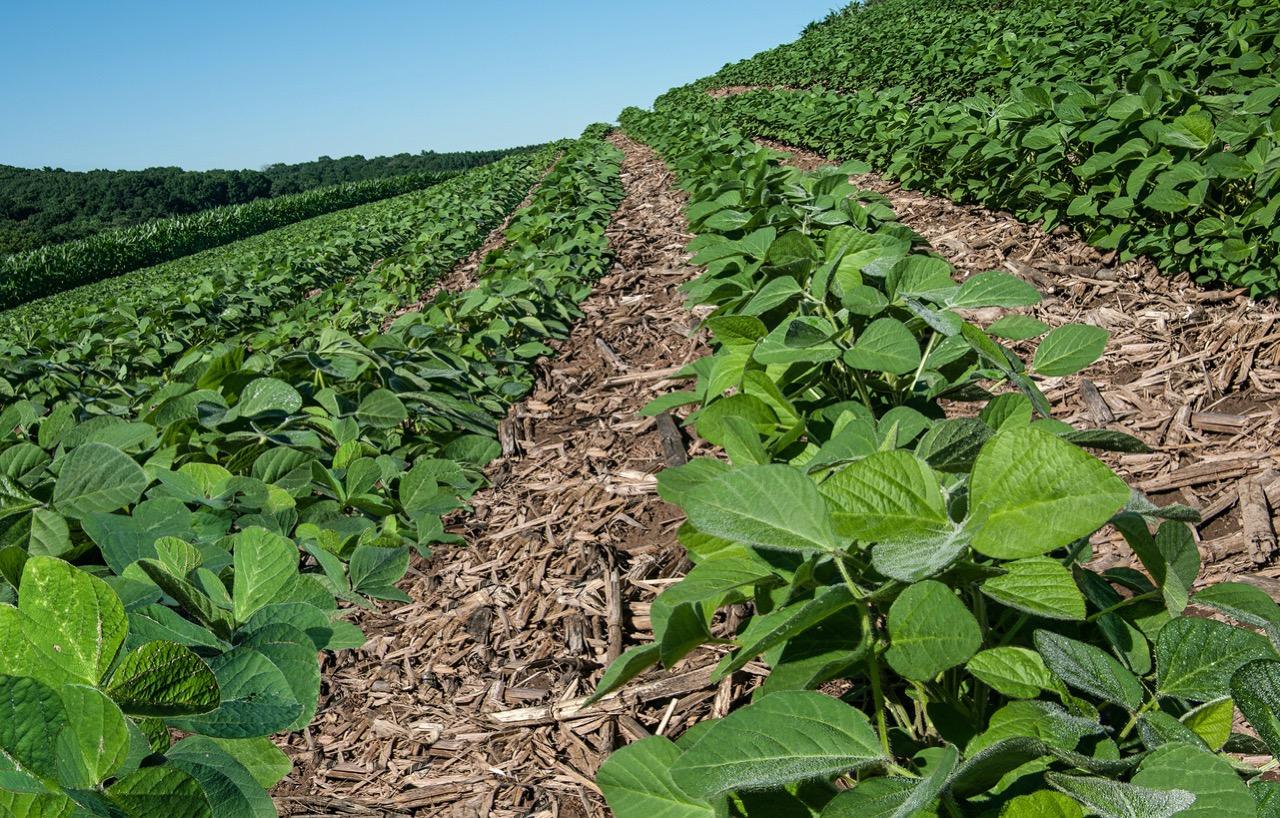
Crop rotation is when farmers intentionally plant different crops on the same land. The Rodale Institute gives the example of harvesting corn and then planting beans. The corn consumes a lot of nitrogen from the soil and the beans return it, which helps to keep the soil healthy.
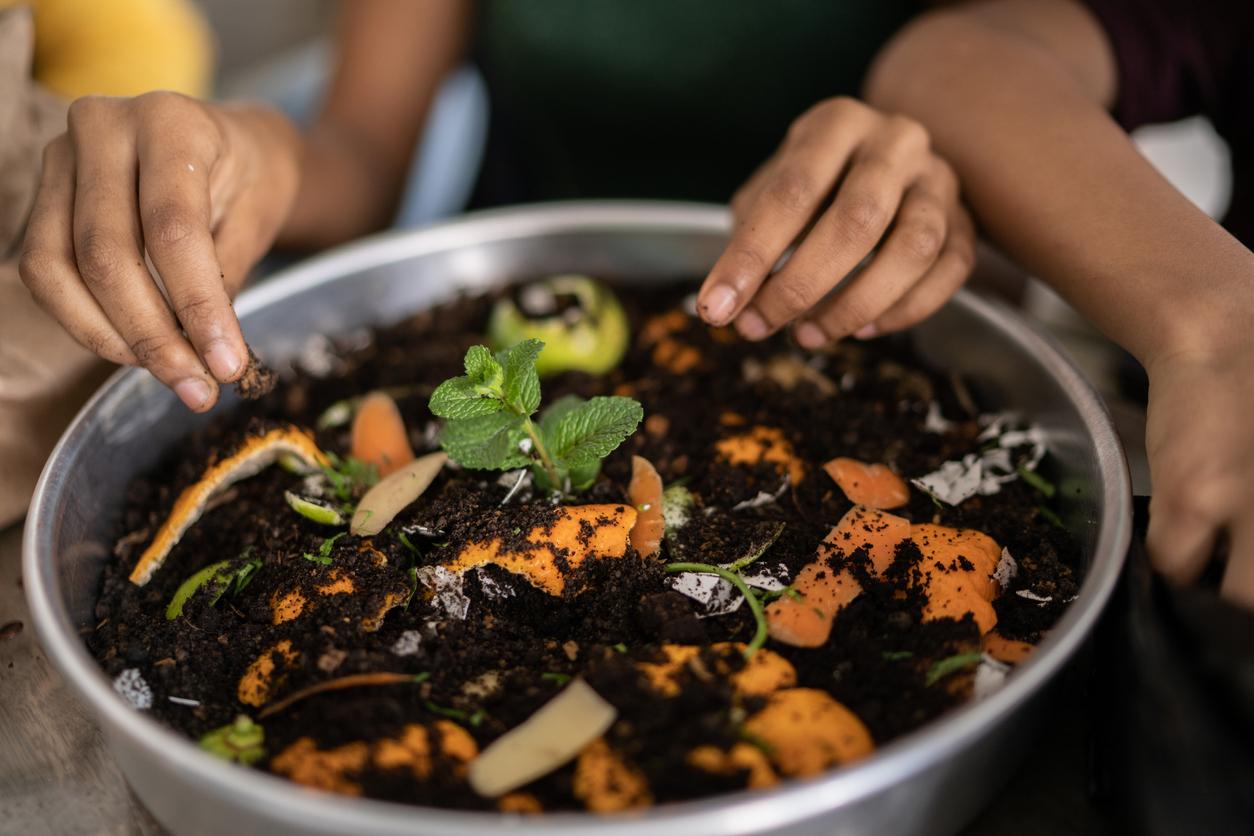
Compost is recycled organic matter. This nutrient-rich substance can help crops grow and reduce the need for chemical fertilizers.
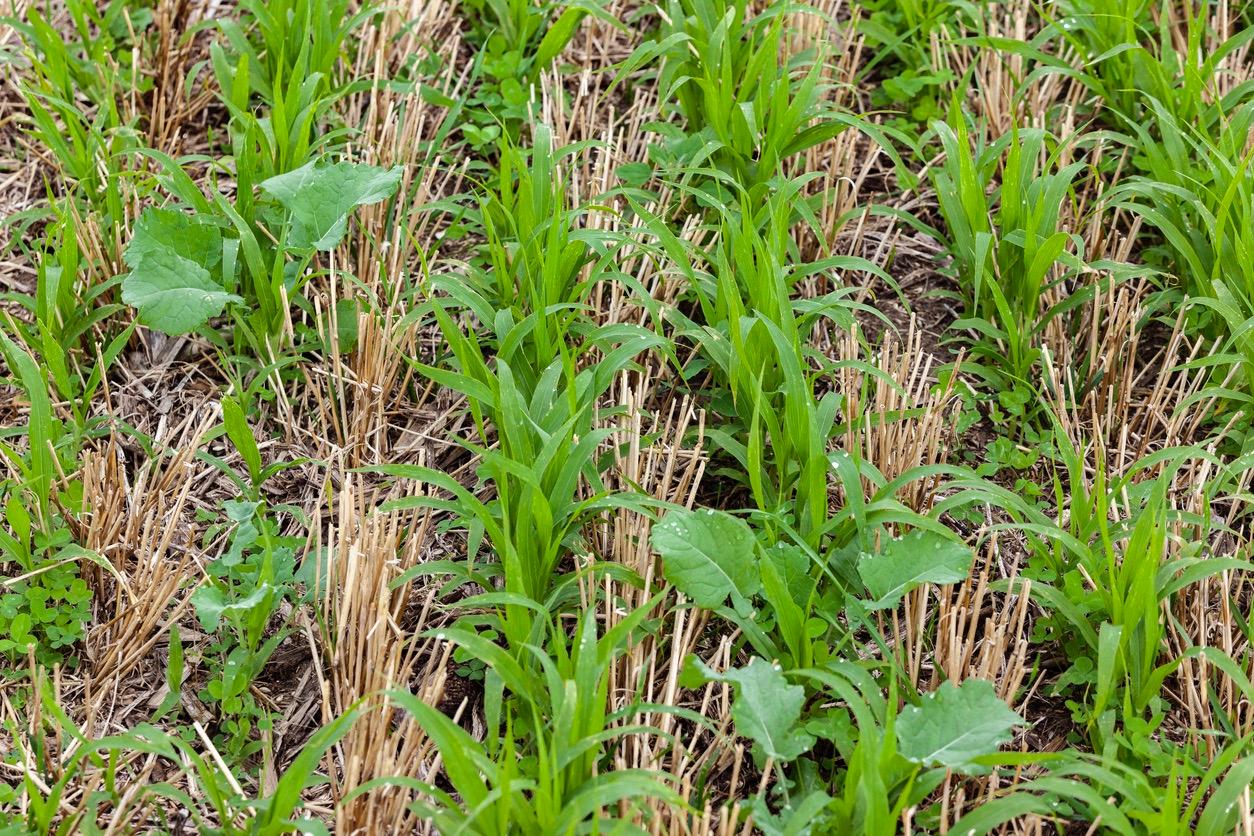
Cover crops are planted in unused fields in between growing seasons. These crops help with pest control, weeds, erosion, and nutrient loss.
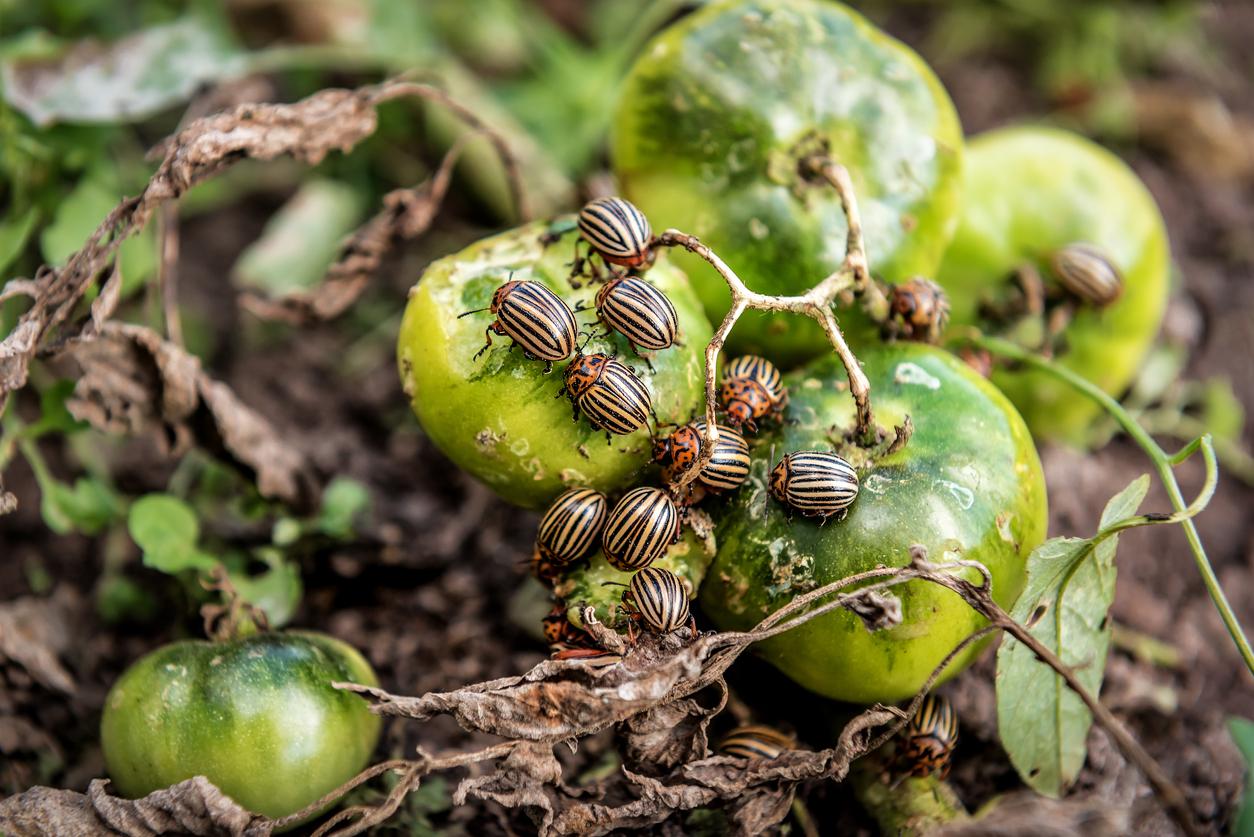
The PAMS strategy, the USDA states, stands for prevention, avoidance, monitoring, and suppression. The main goal of the PAMS method is to find natural solutions to pests, weeds, and diseases.
According to the USDA, one of these natural solutions might be to release insects that can eliminate certain pests. Another example is using mulch to kill weeds.
How does a farm earn an organic certification?
Having the opportunity to run an organic farm isn’t as simple as it might seem.
For food to earn organic certification in the U.S., prohibited substances must not have been used on the soil for three years prior to harvesting the products, according to the USDA.
The federal guidelines for growing organic foods include many different components. Pest control, soil quality, and how the animals are raised, are all factors that are considered when labeling something as organic.
The transition from conventional farming to organic farming is definitely a complicated one. Not only are farmings waiting three whole years, but they can run into other barriers of entry along the way.
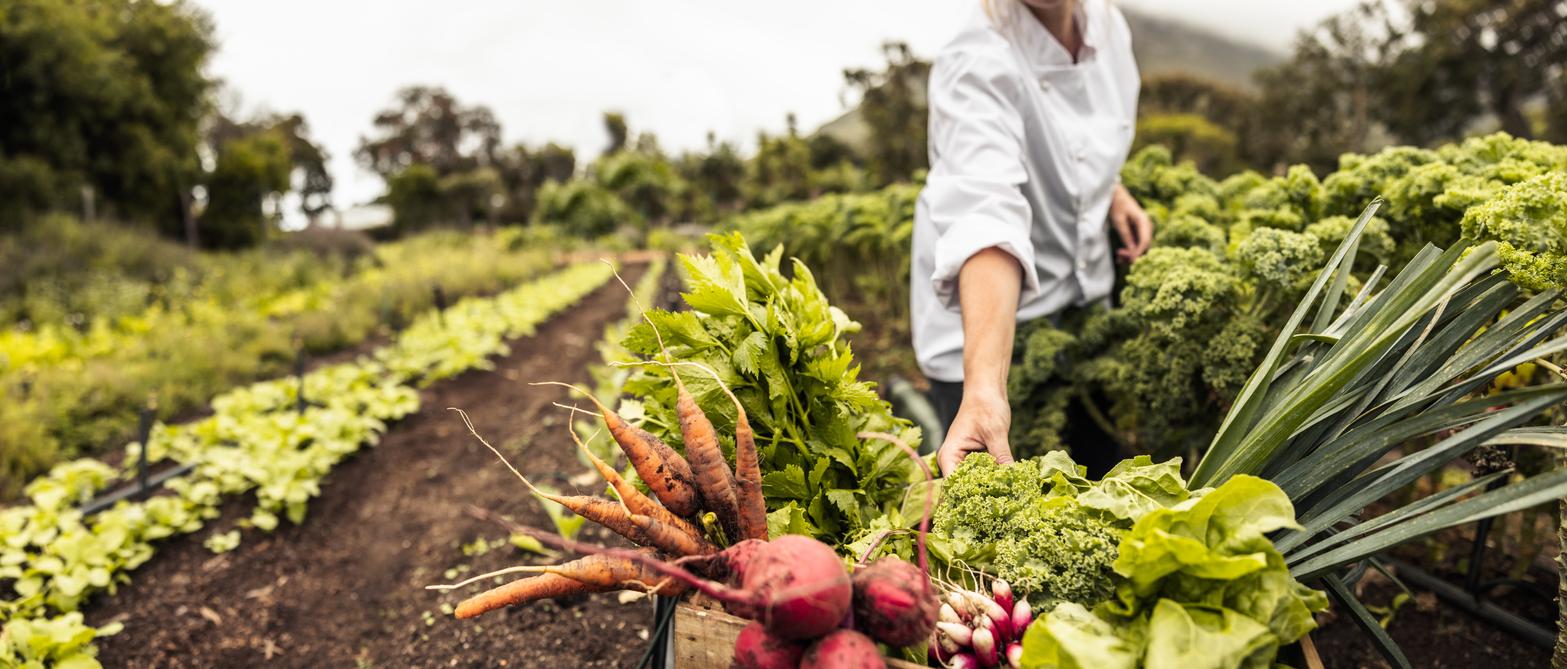
During those three years, organic farming methods must be used. This might not seem like such a big deal, but these sustainable practices usually more labor and time, according to this article. Organic seeds tend to cost more money too.
While all of this extra time and money is being spent on creating an organic farm, the food products are not allowed to be labeled as organic until the waiting period has gone by. This is something that tends to draw people away from trying to get organic certification.
Overall, organic farming is awesome, but it can be difficult to get into. If we can make it more accessible, growing food organically can become standard practice.